Meet Carolina’s librarians
The staff across the University Libraries’ 10 locations are trained experts who thrive on helping Tar Heels at all junctures of their academic careers.
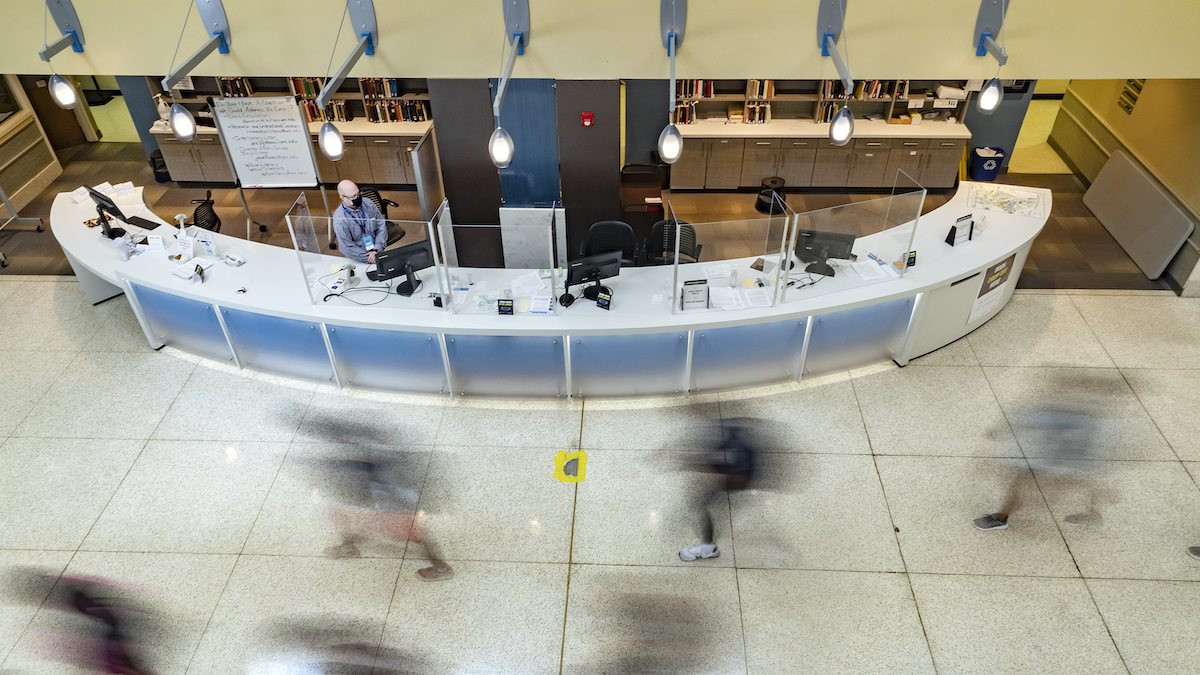
Popular culture hasn’t done librarians any favors. Shushing stereotypes have filled the big and small screens over the years, but the reality — particularly at Carolina’s libraries — is far different.
The staff across the University Libraries’ 10 locations are trained experts who thrive on helping Tar Heels at all stages of their academic careers.
Meet four librarians who are ready to help students succeed this academic year.
A main desk hero
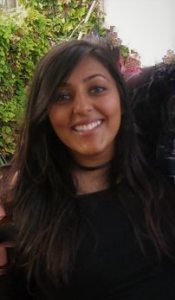
Sherose Badruddin
Sherose Badruddin works at Davis Library’s main desk, which she calls a “one-stop-shop.”
“We see everyone from undergrads to postgrads and professors,” she says. “We’re there to answer your questions and guide you to resources.”
The library offers a lot in terms of resources and services. “We have librarians who offer subject-specific assistance,” Badruddin explains. “We have the largest collection of resources on campus. Besides a diverse collection of books, we have dissertations, theses, microfilms, journals, federal documents and more.”
But it’s not all about books. “Patrons can copy, print, research, log onto Carolina’s wifi or use public computers, and find spaces to work alone or collaborate with others,” says Badruddin.
She and others at the main desk help everyone who stops by. “I find it rewarding to help people, so when they come to the desk and they have a particular issue they can’t seem to figure out on their own, I like to be able to help them out,” she says.
In helping others get situated at Davis, Badruddin hopes to set them up for future success. “I feel like every interaction makes their experience at Davis better, and then they feel more independent and can come in and do things on their own,” she says. “That’s the ultimate reward.”
Rare books
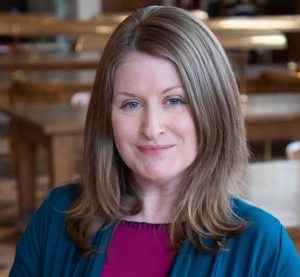
Emily Kader
Emily Kader is a rare book research librarian who works in Research and Instructional Services at Wilson Library. She loves helping students and faculty find out-of-print and rare materials to fuel their scholarly pursuits.
“One of the best things about Wilson Library is the opportunity to handle materials, like rare books, manuscripts and other unique things,” says Kader. “We have everything from cuneiform tablets to 21st-century artists’ books.”
Wilson boasts strengths in several areas, including Southern holdings, early printed books and manuscripts and European, American and Latin American books. “We’re also the place to ask for anything related to the history of the University,” says Kader.
Kader encourages anyone interested in finding materials housed in the Rare Book Collection to get in touch. “Students sometimes hesitate to come through our doors, but when they do, they are always glad they did,” she says.
Science and discovery
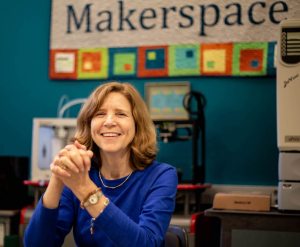
Therese Triumph
For science scholars, there is a seemingly endless number of databases to navigate, which is where Therese Triumph, a reference librarian and the interim head of Kenan Science Library, comes in.
“There’s not much difference in the way to find information, but the databases can be daunting,” she says. “You have to learn how to do it.”
Luckily, that’s what Triumph most enjoys. “I like helping people find information,” she says, “and once they realize that we love finding information, they see that asking us a question is not a big deal.”
Besides working with science students on their specific areas of research, Triumph is also involved in the growing subject of data literacy. “You end up with a graph or set of data, but what are they trying to tell you? They always say, ‘Data can tell you almost anything — if you manipulate it.’ How would you go about verifying that it’s good information? We really try to support anything that’s going on on campus. Data science is the next big thing.”
One-on-one experience
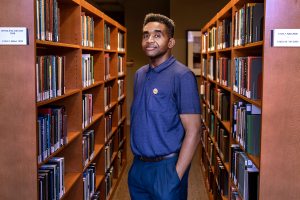
Gregg Moore (Photo from 2019)
Gregg Moore manages the Stone Center Library, which is a library tucked away in the Sonja Haynes Stone Center for Black Culture and History.
The library and its collection feature literature and digital periodicals and journals about Africa, the African diaspora and the African American experience, with a particular focus on the social sciences and humanities.
Moore says he enjoys introducing first-year and transfer students to the resources available to them, whether they’re searching for a new novel or primary documents for African American Studies 101.
“We can offer that one-on-one personal experience in the library,” he says. “It’s a learning process for the students, but it’s a learning process for me too. I don’t claim to know everything there is to know about African American history, so there are things we will learn together.”




